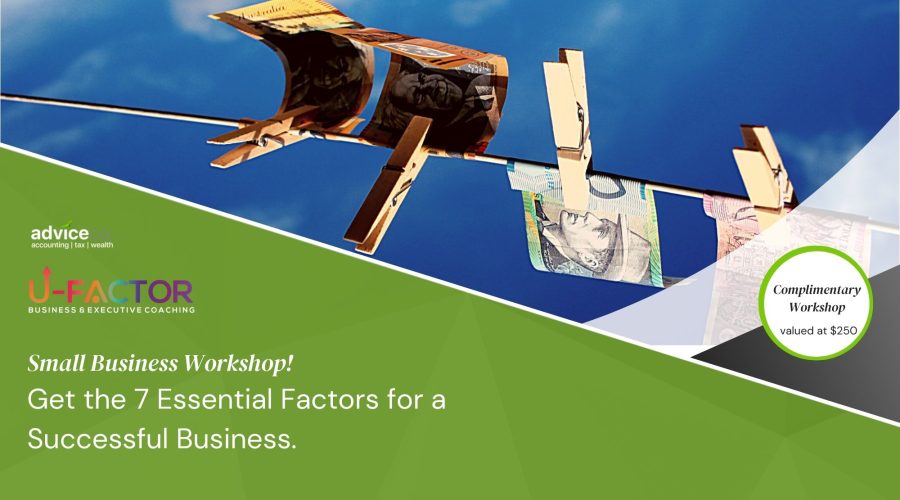Federal Budget – interpreting the tax savings Posted on May 24, 2021

Small businesses and individuals face a long list of tax legislation changes now and later as we venture into what the Federal Government has dubbed ‘Australia’s recovery’ from the economic impact of COVID-19. Here’s a snapshot of the major things you need to know, and some tips on how to stay smart and sharp with tax and finance.
Business:
Companies operating a business can access lower company tax rates of 26% in 2020–21 to 25% from the 2021–22 income year. This compares to the original 30% tax rate of FY2015.
Eligible SMEs may expense depreciating assets, including second-hand assets, acquired on 6 October 2020 until 30 June 2022. They may also or instead be able to write off assets up to $150,000 to the end of 2020.
The ‘Backing business investment’ measure provides a 15-month (12 March 2020 to 30 June 2021) investment incentive to support business investment and economic growth by accelerating depreciation deductions.
The government has committed to extending the Boosting Apprenticeship Commencements program which will cover 50% wage subsidy over 12 months for newly commencing apprentices or trainees signed up by 31 March 2022. The subsidy will be capped at $7,000 per quarter per apprentice or trainee.
The government has moved to allow small businesses to apply to pause tax office debt recovery in the Administrative Appeals Tribunal (AAT). The changes will allow small businesses to have their tax disputes concluded in the AAT before being pursued by the ATO. Small businesses, including sole traders, with an aggregated turnover of less than $10 million per year will be eligible to use this streamlined approach. The change, which will only come into effect once legislation grants new powers for the AAT, will bring Australia more in line with the tax systems of the UK and US.
Here’s a confusing one…Until the 2023 financial year eligible entities can access a loss carry back, that is, carry back losses to earlier years, from 2018 / 19 on, in which there were income tax liabilities. The offset effectively represents the tax the eligible entity would save if it was able to deduct the loss in the earlier year using the loss year tax rate. As it is a refundable tax offset, it may result in a cash refund, a reduced tax liability or a reduction of a debt owing to the ATO. Stick with me, there’s money to be saved…
Individuals:
Low/medium income tax offsets (LMITO) are retained for 2021-22 (but no changes to individual tax rates). This equates to around $1,080 for individuals or up to $2,160 for couples per year.
From 1 July 2020, the top threshold of the 19% personal income tax bracket is increased from $37,000 to $45,000 and the top threshold of the 32.5% bracket is increased from $90,000 to $120,000
Also, this financial year, changes to the government-funded Paid Parental Leave (PPL) scheme allow primary carers to access parental leave pay more flexibly, particularly birth mothers and adoptive parents who are self-employed or small business owners. The government has also indicated significant support for childcare that will see low-to-middle income workers around $2,000 better off per year in the next financial year.
Keep an eye on your business and income deductions, and have detailed records for everything. The ATO is showing leniency where it is justified, but audits remain frequent, and accountability ultimately lies with you. The most common – and not necessarily the most justified – deductions are for work-related car expenses ($8.4 billion); travel expenses ($2 billion); uniform, clothing and laundry ($1.8 million); and self-education ($1.1 billion).
Now is a great time to partner with your accountant to cross every ‘t’, and dot every ‘i’ to find the most effective tax and finance strategies for your financial success.





